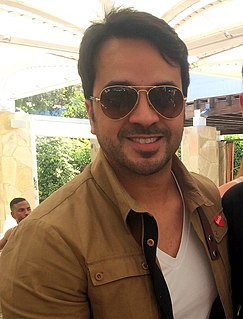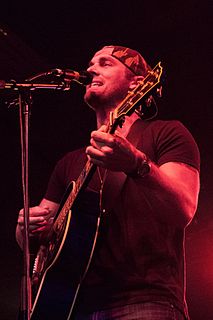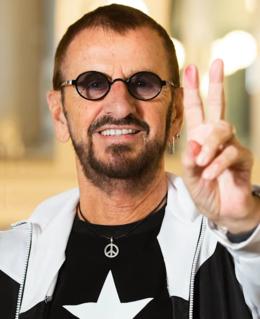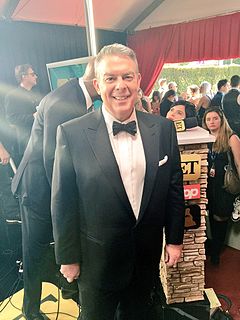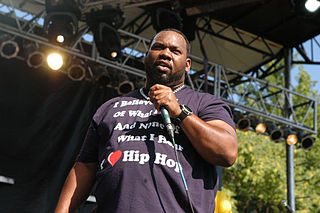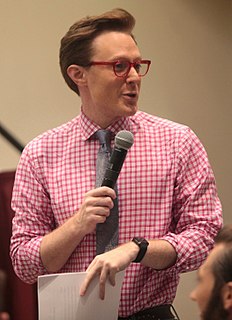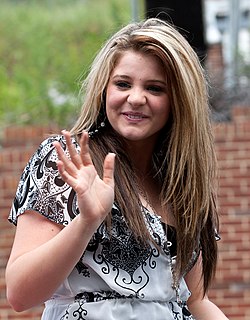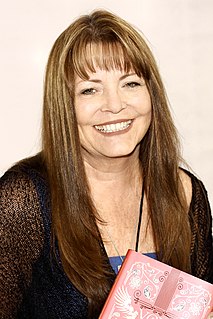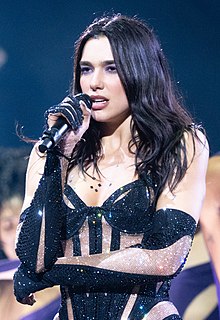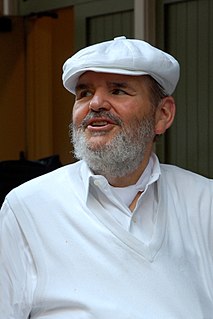A Quote by Luis Fonsi
I don't know what happens at radio as far as what is that X factor that makes a song click and have people get connected to it when it's in another language.
Related Quotes
I know that there are going to be people that don't like my music, but I think in the industry itself it is always that, 'Oh. you're from the 'X Factor.' There have been certain radio stations that will not play your song because you are from the 'X Factor,' yet they'll play another song from an artist from another TV show.
The power of a label and radio and a booking agency and all that - you never know until you experience it the first time, but being able to have a song on radio, but then go play a show for people that have heard the song on radio, and having it sung back to you, is - I don't know how to describe it.
I wrote 'Turn Your Radio On' in 1937, and it was published in 1938. At this time radio was relatively new to the rural people, especially gospel music programs. I had become alert to the necessity of creating song titles, themes, and plots, and frequently people would call me and say, 'Turn your radio on, Albert, they're singing one of your songs on such-and-such a station.' It finally dawned on me to use their quote, 'Turn your radio on,' as a theme for a religious originated song, and this was the beginning of 'Turn Your Radio On' as we know it.
You used to have to come to America for 18 months and drive around in a van, trying to get radio stations to play your song. But I remember One Direction's manager telling me that the first time they came to America, they hadn't released a song - they'd only been on 'The X Factor.' But there were 2,000 fans waiting at LAX airport.
When you a young kid at that age at that time, and you know that you got talent as far as hip hop, you wanna be on the radio, that's the first thing. So we was more or less infatuated with just havin' a song on the radio, you know? Before our careers even launched it was more or less about lettin' everybody know, 'Staten Island? You got good emcees there.'
My memory is coming back. It is curious how it comes. Each day, a rush of pieces, loosely connected, unimportant bits, snake through me. They click, click, click into my brain, like links being snapped together. And then they are done. A small chain of memories that fill in one tiny part of my life. They come out of nowhere, and most are not important.
